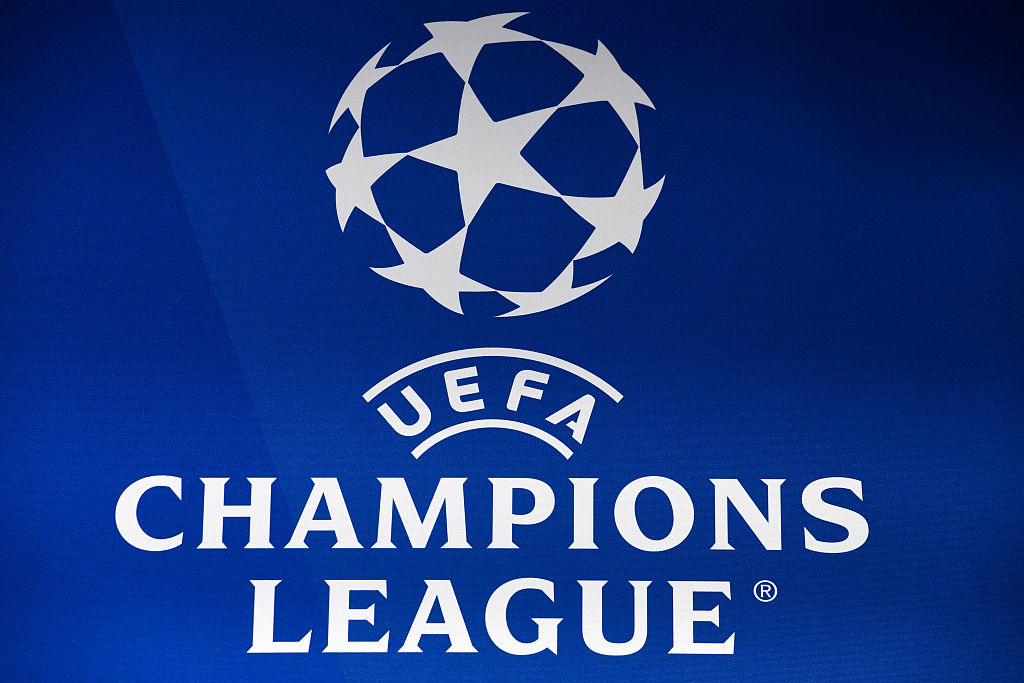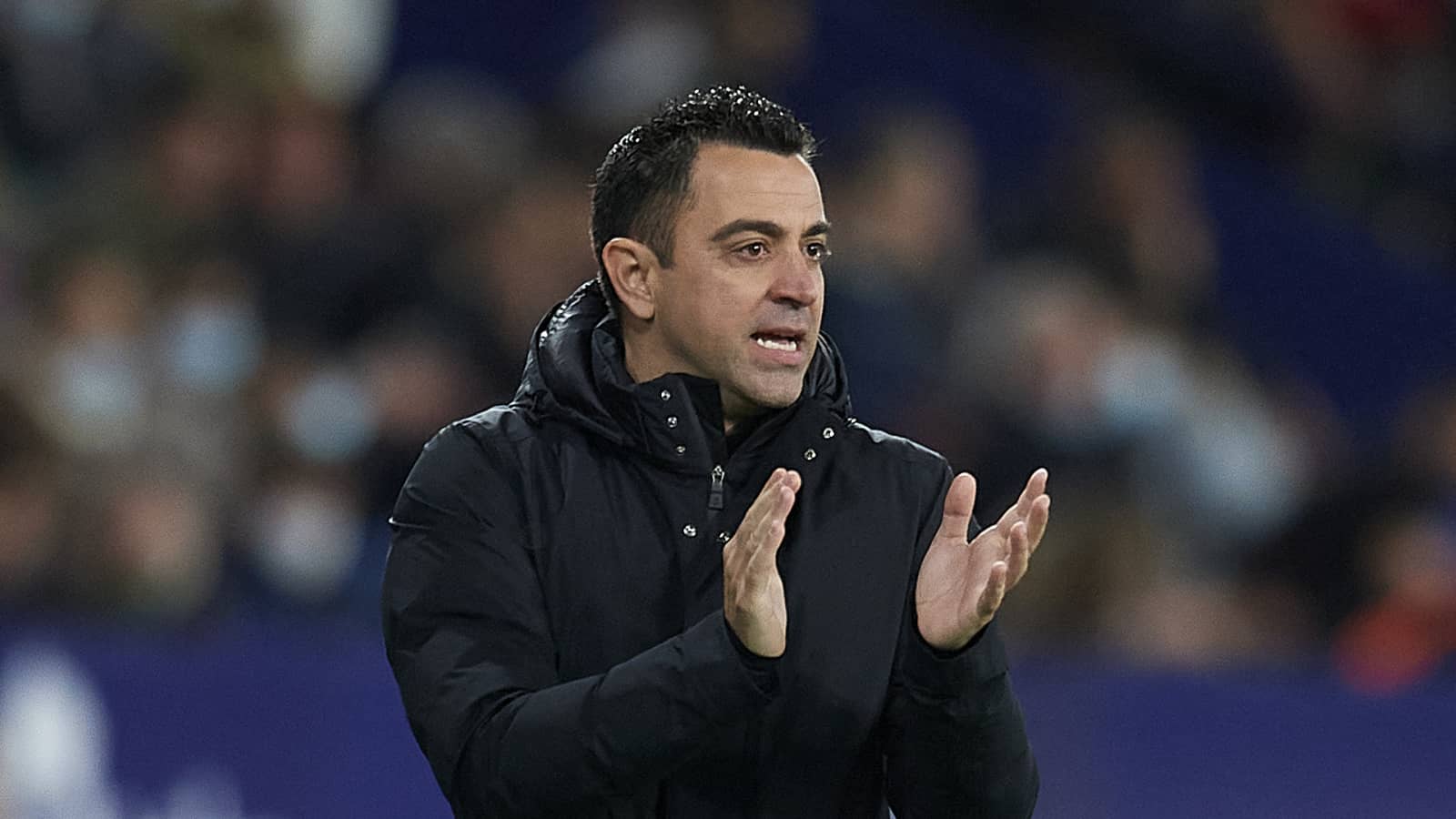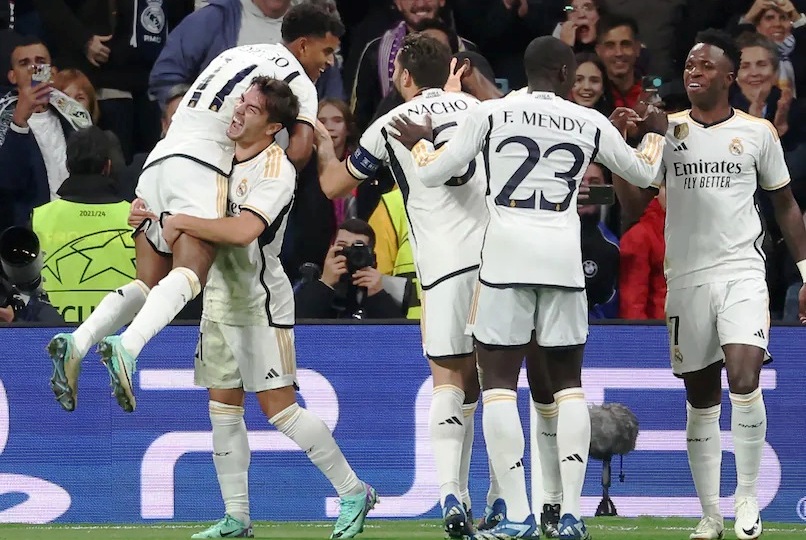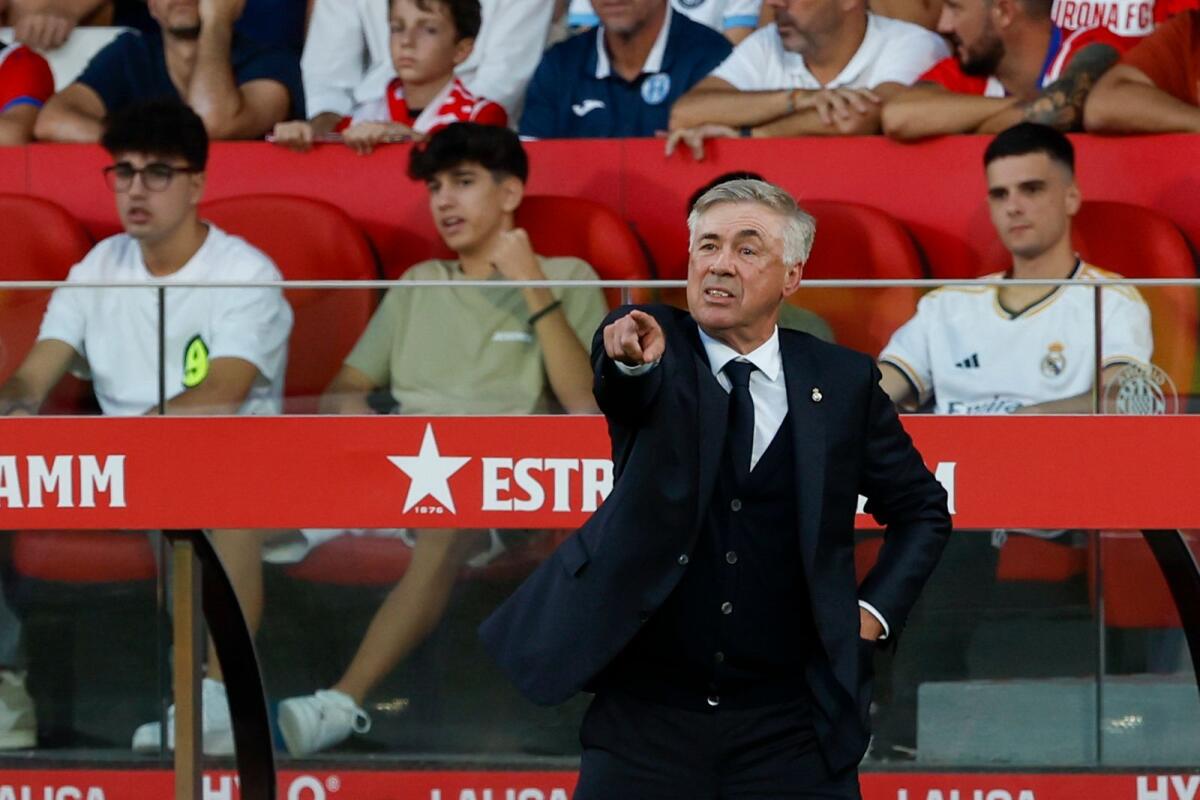Manchester City begin their defence of the Champions League they won on June 10, against Inter Milan, Tuesday (19 September) when the group stage kicks off in the last season in its current format as Europe’s elite club competition gets ready for a radical change.
Unveiled by Uefa in 2021 at the height of the crisis which saw a group of 12 clubs, led by the competition’s top shots, Real Madrdi, Fc Barcelona and Juventus, announcing a breakaway plan to form a rival Super League before promptly abandoning the project, due to harsh reception by some clubs supporters. Therefore the reformatted new-look Champions League will begin next year.
It will see the number of clubs involved in the competition proper increase from 32 to 36, with all participants going into a single league in which teams will play eight games – up from the current six – in what is known as the “Swiss system”.
This is, therefore, the last campaign, after two decades, in which the Champions League will begin with a group stage featuring eight sections of four teams, with the top two in each advancing to the last 16.
“We are convinced that the format chosen strikes the right balance and that it will improve competitive balance,” said Aleksander Ceferin, the president of European football’s governing body, when the changes to the Champions League were confirmed in May last year.
The format that is on its way out was brought in for the 2003/04 season, ending an experiment with a second group stage.
In terms of symmetry and simplicity it cannot be bettered, with half the teams advancing from the group stage to the last 16.
But this is an era in which major club and international competitions keep expanding. In addition, there has been a recognition that the Champions League group stage has gone somewhat stale.
The financial gulf between the continent’s most powerful clubs and the rest is growing all the time, accentuated in particular by the decision to award a portion of prize money based on the position of teams in Uefa’s own club ranking.
That means the team placed at No 1 gets over 36 million euros ($38.4m) just for being the top-ranked side, with the amount dropping progressively so the lowest-ranked team receive only just over one million euros.
Even at this elite level, there are plenty of teams who are doing little more than make up the numbers, albeit while being handsomely rewarded.
It is hard to imagine Swiss side Young Boys or Serbia’s Red Star Belgrade making a big impact alongside Pep Guardiola’s City and RB Leipzig in Group G.
City should stroll through to the last 16, racking up goals in the process, and they begin as favourites to retain a trophy they won in June by beating Inter Milan 1-0 in the final in Istanbul.
That success saw City finally win the competition they had been chasing since the Abu Dhabi-led takeover of 2008 that transformed the club.
“This project is to want more, more ambition,” said Spanish midfielder Rodri after scoring the winner for City in last season’s final.
The poser now is who can stop them?
It surely will not be the champions of Switzerland or Serbia, or a Leipzig team who lost their star defender, Josko Gvardiol, to City during the close season.
But also flying presently is the record 14-time winners Real Madrid, who are always contenders in the Champions League, although Carlo Ancelotti’s team find themselves in a much more unpredictable group alongside Napoli, Braga and newcomers Union Berlin, but this is not the first time they fall in such a difficult group. One can only underate them at his own peril.
Bayern Munich have reinforced in attack with the signing of Harry Kane, while Paris Saint-Germain, although lost Neymar and Lionel Messi, but desperately kept Kylian Mbappe and strengthened around him.
FC Barcelona too is not lagging behind. They have reinforced and appeared ready to battle it all through with any top ranked contender.
Both of their seasons will be defined, as ever, by their performances in the Champions League.
Arsenal will hope to make an impression on their return to the Champions League for the first time since 2016/17, while Saudi ownership has propelled Newcastle United back into the competition after two decades away.
However, they find themselves in a section along with PSG, AC Milan and Borussia Dortmund.
Uefa might have been less inclined to change the format of the Champions League format if their competition featured groups like that more often.
“It’s hard and challenging but I think there’s some great European games for us to experience and great places to visit for our supporters,” said the Newcastle manager Eddie Howe after the draw.
His team begin away to seven-time European champions Milan on Tuesday.
While City starts their defence of the crown in Milan, an English rookie team. Newcastle United, fuelled by the Saudi sovereign wealth fund, return to the Europe’s elite competition for the first time in 20 years at AC Milan on Tuesday night, hoping this is just the start of their rise on the European stage.
The Magpies have spent more time in the Championship than facing Europe’s elite for the past two decades, but are aiming to follow in the footsteps of Manchester City by turning their Gulf state backing into glory at home and abroad.
When they broke into the Premier League’s top four in their first full season since the Saudi Public Investment Fund (PIF) took an 80 per cent stake in the club, the Newcastle project appeared to be ahead of schedule.
But the early weeks of the new season have brought a reality check as Eddie Howe’s men suffered consecutive defeats to City, Liverpool and Brighton before bouncing back with an unconvincing 1-0 victory over Brentford on Saturday.
As many of football’s biggest stars have been lured to Saudi in recent months by the lucrative pay packets on offer, Newcastle’s spending in the transfer market has remained surprisingly restrained due to financial fair play pressures.
They were only the seventh-highest spenders in the Premier League this summer as Harvey Barnes and Tino Livramento joined from relegated Leicester and Southampton respectively, while Sandro Tonali swapped the San Siro for St. James’ Park by joining from AC Milan.
Tonali’s move was illustrative of the shifting sands of continental football as seven-time European champions Milan were unable to resist the financial power of the Premier League even after reaching last season’s Champions League semifinals.
The Italian is expected to return to Howe’s starting line-up for his homecoming after sitting out the win over Brentford on the bench with a minor injury suffered on international duty.
Both sides are aware of the need for a fast start in Group F with Paris Saint-Germain and Borussia Dortmund making up the toughest section in this season’s draw.
These are the nights of glamour that Newcastle fans longed for during the drab 14 years under previous owner Mike Ashley.
Howe is not daunted by the level of opposition in his first Champions League campaign as he believes his side are used to competing at a higher level due to the demands of the Premier League.
“I don’t see it being a huge difference to be honest, you’re preparing against teams that are from Europe rather than England, (but) for me the Premier League is the best league in the world,” said Howe.
“I think for loads of different reasons the Premier League is an unbelievable league and I love being in it. Now we’re going to Europe, it’s a different competition and different challenges, but it’s still football.”
Manchester City may have needed 12 goes to finally win the Champions League, but the English champions have been ever-present in the competition since qualifying for the first time under Abu Dhabi-backed ownership in 2011.
That is the consistency Newcastle now expect at Europe’s top table with Tuesday the first step of another Saudi aim to make their mark on European football.
Germany’s Union berlin will on Wednesday make their Champions League debut at European royalty home of the 14-time winners, Santiago Bernabeau, when the face the competition’s most feared team, Real Madrid of Spain, just four years after a first ever promotion to the German Bundesliga.
The date with Real, who own more Champions League trophies (14) than the rest of Spain and Germany combined, is the next stop on a soaring rise as unlikely as it is meteoric.
Union’s history has become the stuff of legend; an inspiring tale that anything is still possible in a sport dominated by legacy powerhouses and new money behemoths bankrolled by nation states.
That Union have overcome their hurdles – they are just the sixth club from the former East Germany to play in the top division since reunification in 1990 – is a credit to the club’s shrewd and ambitious front office, along with one of the loyalest fan bases in the league.
The fans’ reward is a Champions League group featuring Italian champions Napoli, Portuguese side Braga and of course Real, who Union will face at the Santiago Bernabeu on Tuesday.
In the third division as recently as 2009 and having undergone periodic financial crises, Union’s passionate fans in the eastern Berlin district of Koepenick have repeatedly revived the club.
In 2004, with the cash-strapped side needing funds for a fourth-division licence, Union fans gave their club a literal transfusion, donating their blood to raise money.
In 2008, with their Stadion An der Alten Foersterei home ground crumbling, the fans of the club again rolled up their sleeves and set about rebuilding it themselves.
After a relatively stable decade in the second division, Union won a two-legged promotion tie against first-division Stuttgart in 2019 under manager Urs Fischer, giving them a first taste of the Bundesliga.
Despite being tipped for immediate relegation, Union finished 11th, and,, with Fischer still at the helm, then seventh, fifth and last season fourth, earning Champions League qualification.
Fischer’s defensive, counter-attacking playing style may not be the most eye-pleasing, but it has brought him consistent success.
The coach won two Swiss league titles and the Cup in his native Switzerland in charge of FC Basle.
He was later let go, with the hierarchy preferring a more attractive style of football, a decision which local newspaper Basler Zeitung described in 2022 as “perhaps the biggest mistake in the club’s recent history”.
Union added several top quality players over the summer in a bid to inject more creativity into their attack.
The club broke their transfer record to bring in Germany international Robin Gosens for 13 million euros ($14.5 million), along with Kevin Volland and Premier League talents David Datro Fofana and Brenden Aaronson.
Two-time Champions League finalist Leonardo Bonucci also came in on a free transfer from Juventus and will bring with him the experience of decades at the highest level.
The additions have created a few teething problems. Union travel to Madrid having lost two straight league games for the first time in 18 months.
Real, conversely, are flying, starting the season with five straight wins on the back of some stellar performances from former Borussia Dortmund midfielder Jude Bellingham, who already has five league goals.
Bellingham boasts a strong record against Union, having won four of six matches against the Berliners during his time in Germany.
Fischer denied his side “were thinking about the Madrid game” during their loss to Wolfsburg on Saturday, saying “the players are just as upset as I am”.
Gosens, who played in last year’s Champions League final for Inter Milan, on Saturday urged his team “not to travel to Madrid to be spectators and just marvel”.
“We have to try to get the best possible start to the Champions League season” Gosens said, explaining “awe and fear are exactly the two things we don’t need.”
www.focusmagazineonline.com with reports from www.afp.com and www.reuters (September 2023)
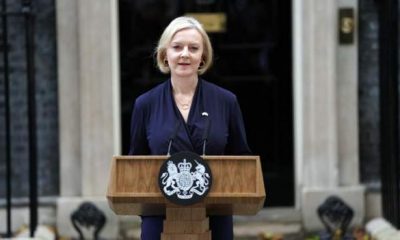
 Main Story2 years ago
Main Story2 years ago
 News3 years ago
News3 years ago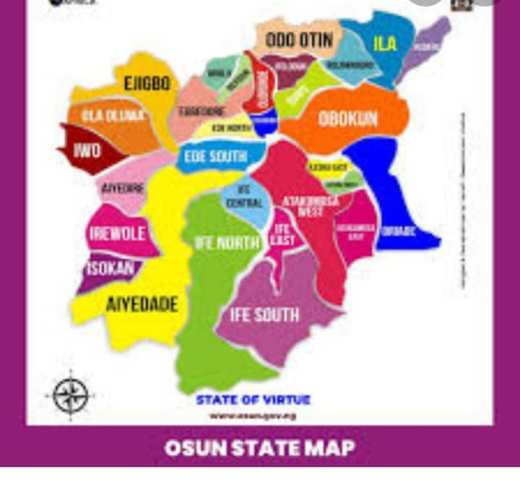
 Featured3 years ago
Featured3 years ago
 Business2 years ago
Business2 years ago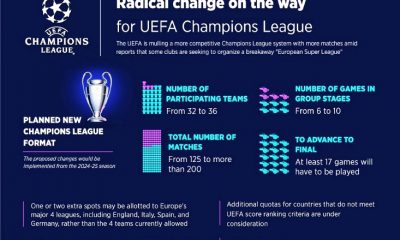
 Sports1 year ago
Sports1 year ago
 Main Story1 year ago
Main Story1 year ago
 News2 years ago
News2 years ago
 Economy2 years ago
Economy2 years ago
